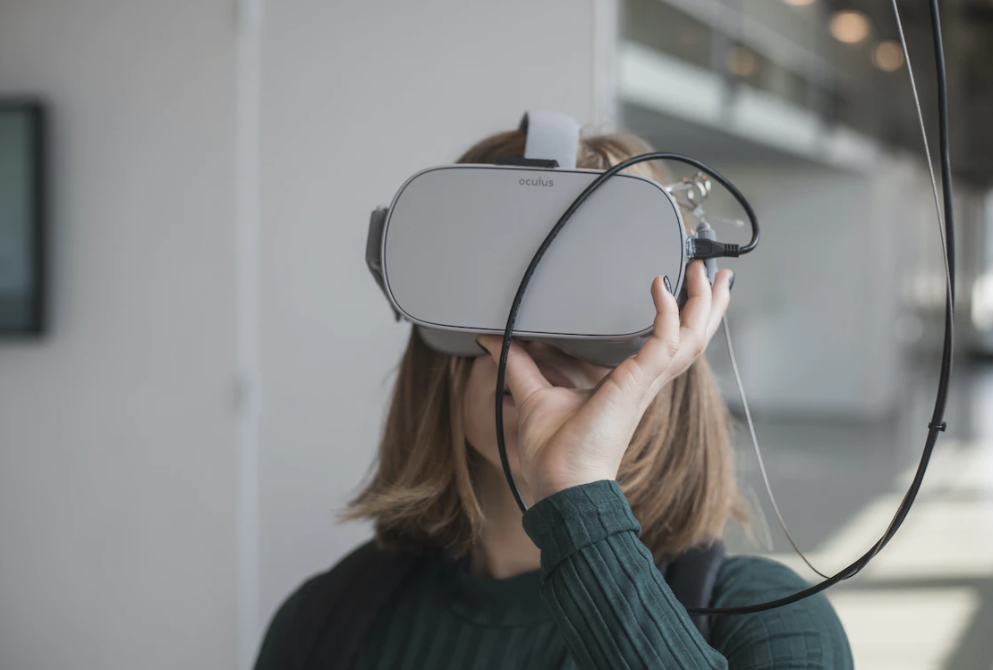Does the future of mental health lie in the metaverse? A leading healthcare platform in spatial computing has revealed the results of a study that demonstrates the effectiveness in treating mental health issues using virtual reality therapy. To clarify, the study highlights the potential of VR technology to reduce stress and anxiety. Let’s take a closer look!

Mental Health in the Metaverse with VR Therapy
Anxiety disorders are an ongoing issue. In fact, in the United States alone, around 6.8 million adults live with Generalised Anxiety Disorder. Meanwhile, 15 million adults have a Social Anxiety Disorder diagnosis. Therefore, it is clear that there is a need for effective and accessible treatments for patients seeking relief.
Now, XRHealth has trialed offering patients mental health treatments in their own home. The research involved 61 participants who exclusively received ‘virtual retail therapy’, or VR therapy, solely in the metaverse The age of the participants spanned from 15.7 to 45.7 years, with a diverse range of gender identities. The VR study provided the participants with relaxing environments, encouraged controlled breathing, promoted mindfulness, and improved physical fitness.
Following the metaverse therapy study, participants noted a 34% reduction in anxiety (specifically Generalised Anxiety Disorder). Further, they also noted a 32% decrease in stress levels. Most importantly, stress levels in participants aged 18 to 24 reported a huge 73% reduction!
So, is VR and spatial computing the future of therapy? XRHealth integrates licensed clinicians and advanced data analytics to deliver comprehensive therapeutic care solutions for patients. Plus, with the ability to connect patients with clinicians virtually, people from all over the world can receive treatment from the comfort of their own homes.
Mental health has been a recurrent issue in the Web3 space, and thankfully, initiatives like JOMO and CryptoMories aim to support and facilitate mental health initiatives. Now, with the mental health work in the metaverse, we could be looking toward a brighter future.
